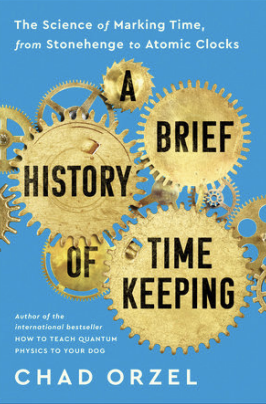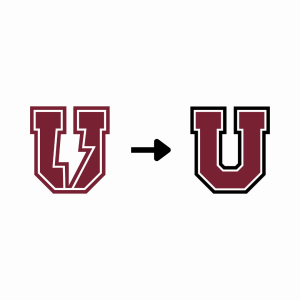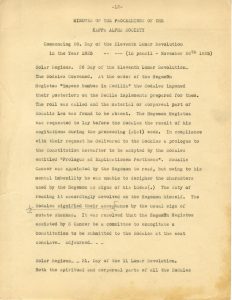Physics Professor Chad Orzel Speaks on his New Book, “A Brief History of Timekeeping”

Courtesy of Penguin Publishing Jouse
The cover of Professor Chad Orzel’s newest publication, “A Brief History of Timekeeping.”
October 13, 2022
On Thursday, October 6th, Professor Chad Orzel hosted a presentation on his new book, “A Brief History of Timekeeping.” Orzel is the chair of Union College’s department of physics and astronomy, and the book, published in 2022, is his latest of six publications. At the event, Professor Orzel explained how different civilizations throughout history have measured the passage of time. In an interview with Concordiensis, he answered a few questions about the book.
Can you give a quick summary of what your book is about?
The title is “A Brief History of Timekeeping,” and I think that’s a pretty good description: it’s a survey of several thousand years of the science and technology of tracking the passage of time. This dates back to the Neolithic era, where we have giant stone constructions like the passage tomb at Newgrange and the better-known stone circles at Stonehenge, erected to mark the rising and/or setting of the Sun on significant dates of the year. And it continues up through the present day where physicists are working on prototype atomic clocks with precision a factor of a hundred or a thousand better than the cesium atomic clocks that are our current standard for time.
What made you interested in this topic?
In grad school, I did my research in the group of Bill Phillips at the National Institute of Standards and Technology in Gaithersburg Maryland, which is the government agency responsible for maintaining civilian time standards. I didn’t work directly on clocks—that operation is mostly run out of NIST in Boulder—but the guys in the lab next door to me, that I’d cut through on my way to the break room, were building an atomic clock, and the group as a whole spent a lot of time talking about clocks. I found that really interesting, and have kept an eye on the field ever since.
What was the writing process like? How long did compiling all that research take?
This book was a little unusual in two respects: first, I taught an SRS with the same title a few times, so I already had a lot of the research material compiled from using it in class. That sped some parts of it up– I didn’t need to dig through books to find useful facts, I just had to copy them from a different set of notes.
As for the other odd aspect… When I handed in the manuscript, I looked back at my files, and the file containing the very first draft of chapter 4 was created on March 4, 2020, just about one week before the whole world shut down due to Covid. That slowed a lot of other things down, both because I was trapped in the house with the kids, making it harder to concentrate on writing, and because I just didn’t have access to the resources I normally would’ve. I should note that the folks in Schaffer Library were great, and pulled a few books from the shelves for me to pick up during the months when we weren’t allowed on campus.
All in all, the active writing process was a bit more than a year, all told, which is pretty typical for these books (this is my fifth general-audience science book, so I recognize the rhythm of these things…).
Did doing that research give you a different perspective on how time plays a part in your daily life?
Reading up on the weird and contingent decisions that underlie our modern systems of time reckoning has made me a little more laid-back about things like Daylight Saving Time changes and time zones more generally. And all the astronomical stuff I had to read up on for the book has made me a bit more cognizant of things like the phases of the Moon (I spend a lot of the year walking our dog in the dark before breakfast or after dinner, so I see the moon a lot) and the motion of the stars and planets. I’m still absolutely terrible about schedules and deadlines, though.
Do you have any future writing plans?
I’ve got a half-developed idea to do a book about the history of laser cooling (the field of physics I did my Ph.D. research in), and started some prep work for that last year. I just became department chair, though, which has slowed progress to a crawl for at least the rest of this academic term. And staying on top of Physics 220 is keeping me pretty busy, too. I’ll pick it up more in the winter break, though, and try to get it really rolling next summer.






